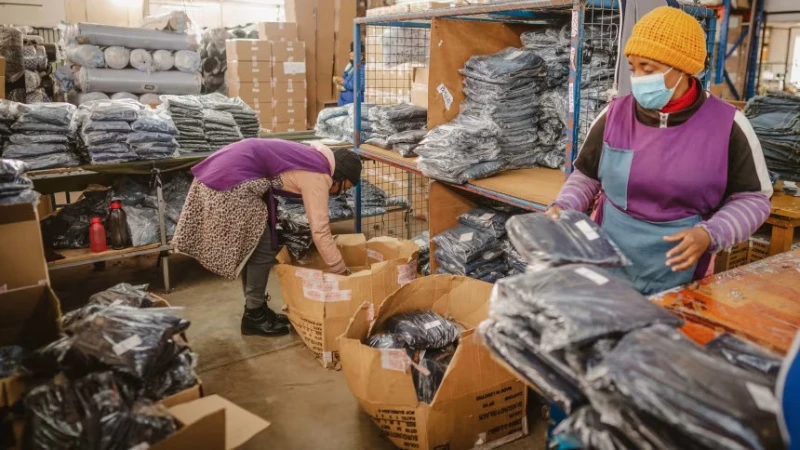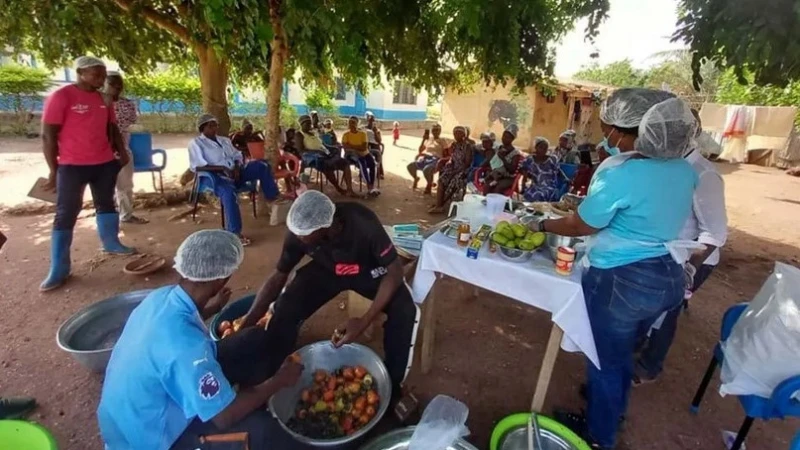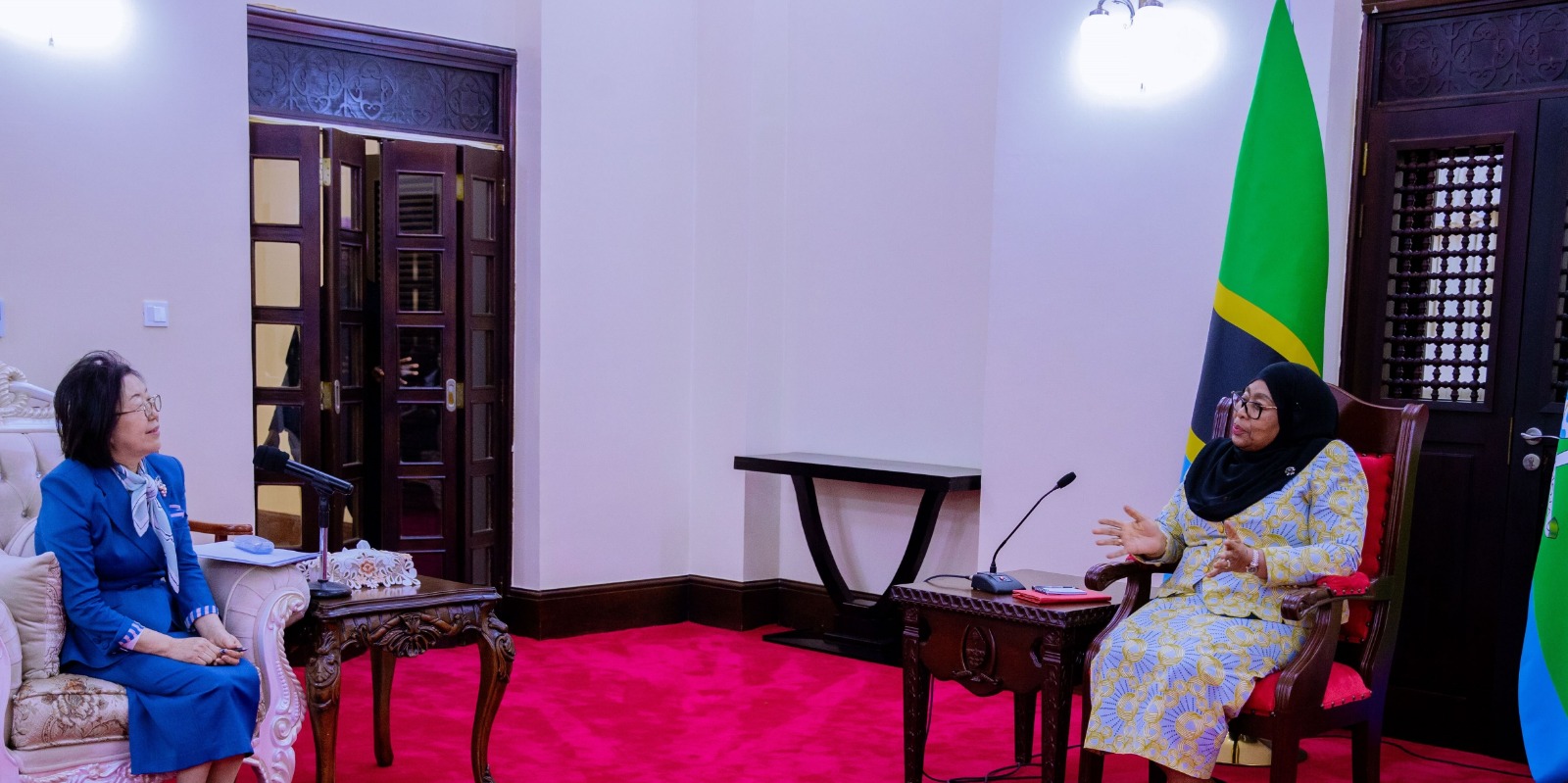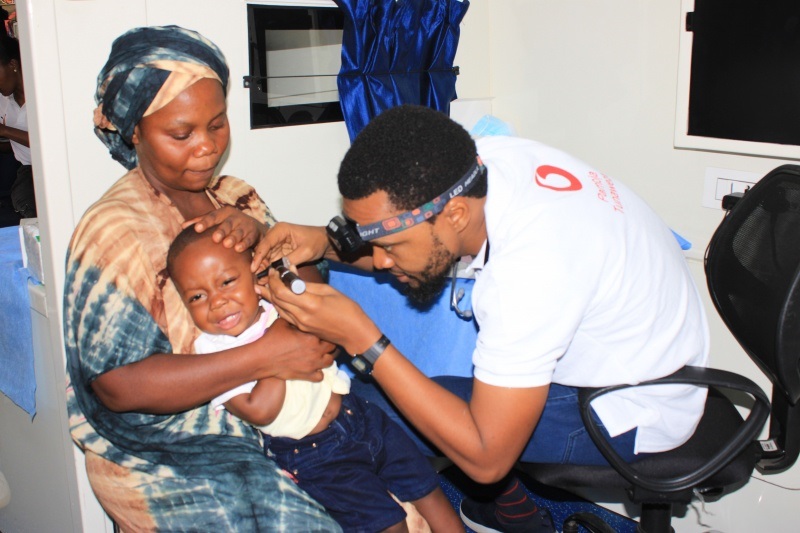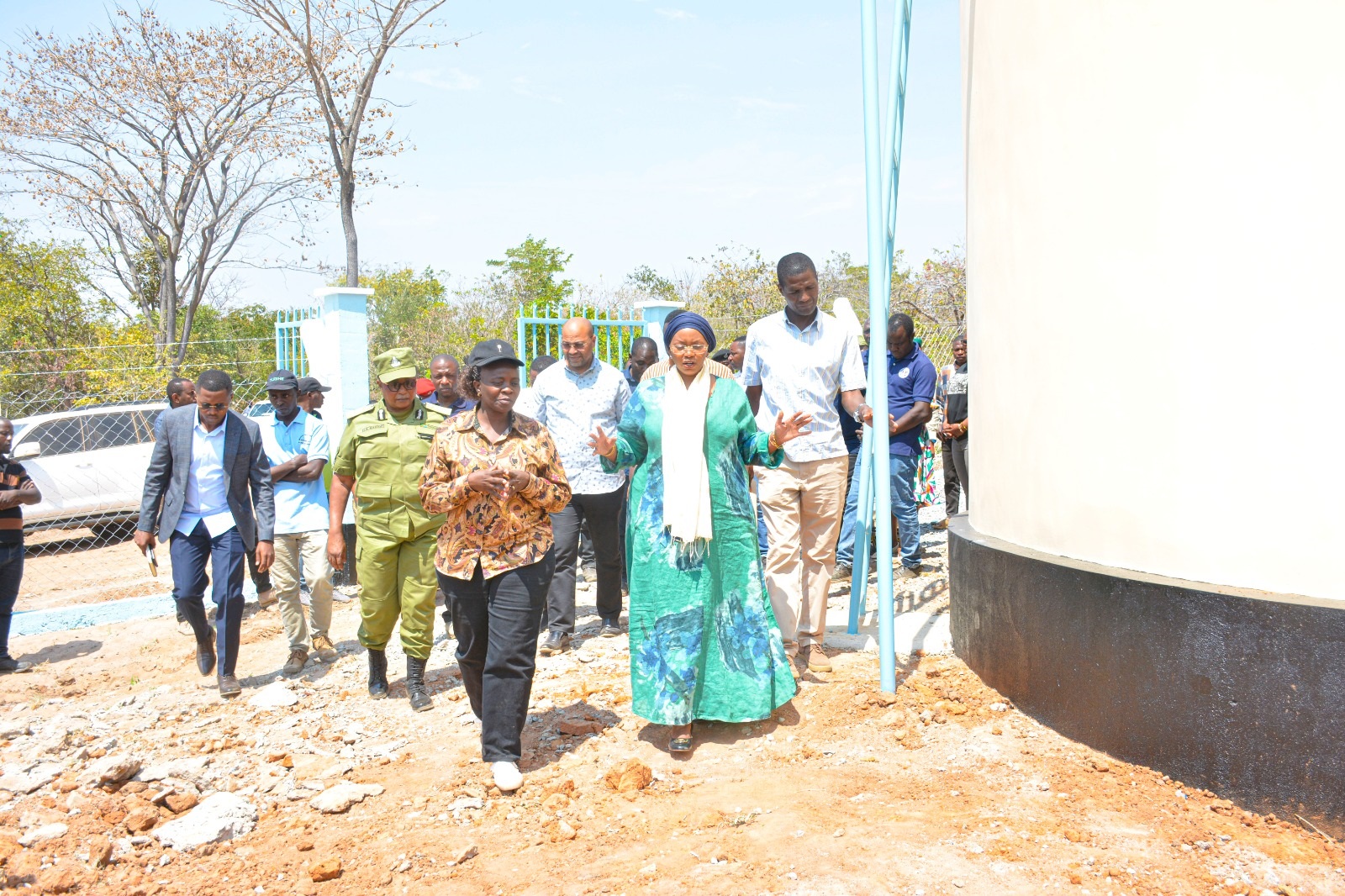China-Z’bar anti-bilharzia drive nears ‘breakthrough’
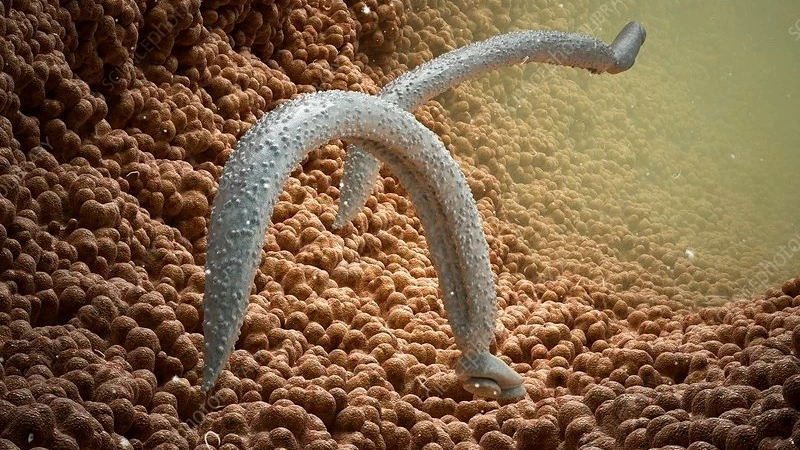
AN infection prevalence rate close to five percent for schistosomiasis, also known as snail fever or bilharzia has been noticed in a special infection survey in Unguja North Region.
Dai Yang, lead coordinator for the China-Zanzibar schistosomiasis control project, said the survey was undertaken during the second phase of the project, screening over 5,000 people across shehias of Kinyasini, Kikobweni and Chani Masini.
The project completion is part of a broader disease control initiative on the basis of the health risk posed by the waterborne disease in coastal communities, he said, hailing an ongoing health sector partnership with China as having recorded a milestone in the fight against schistosomiasis.
Bilharzia is a disease caused by parasitic flatworms known as schistosomes, transmitted through contact with contaminated freshwater and it affects millions of people worldwide, primarily in tropical and subtropical regions, he said.
The concluded phase marks a crucial step in implementing an integrated disease control approach that combines community-based treatment, control of snail vectors which spread the parasite, and public health education, he explained.
“Our aim is to reduce transmission by addressing the root causes—unsafe water exposure and lack of awareness. China is bringing its long-standing experience in disease eradication to support Zanzibar’s public health systems," he elaborated.
Asserting that the project is being carried out at no cost to residents and includes broader efforts to improve water infrastructure, he stressed that improving access to clean water is central to long-term prevention, especially in rural areas where bathing in contaminated rivers and ponds remains common.
Shaali Ame, the Zanzibar Health ministry’s manager for neglected tropical diseases, said survey findings will inform the next phase of health planning work, underlining that while progress has been made, schistosomiasis remains a persistent threat in the region.
“With support from our Chinese counterparts, we’re now better equipped technically and strategically to eliminate this disease," he said, expressing confidence that the equipment and training provided have enhanced local capacity.
The partnership is aligned with global goals to end schistosomiasis, spearheaded by the World Health Organisation (WHO), he said, acknowledging that beyond data collection and treatment of infected people, working on the project is actively building skills among the local health sector staff.
Ali Makame Ali, a member of the local project team, highlighted the collaborative nature of the initiative, affirming that the work isn’t just technical support as it’s about mutual learning. "Chinese health experts are working closely with us on the ground, sharing knowledge and adapting solutions to fit our local context," he declared.
The water infrastructure improvements will help to reduce residents’ reliance on unsafe water sources for bathing outside and household use, identified as major risk factors for infection, he said.
The schistosomiasis control project is part of a broader international effort to reduce neglected tropical diseases (NTDs) and is seen as a model of South-South cooperation in the health sector, officials noted.
As Zanzibar intensifies efforts to eliminate the disease, health authorities say more investment is still needed in water and sanitation infrastructure, alongside school-based awareness campaigns and sustainable disease surveillance systems, the ministry executive noted.
The second phase of the project builds on an earlier pilot initiative and signals a growing commitment between the two governments to achieve long-term health resilience, he added.
Top Headlines
© 2025 IPPMEDIA.COM. ALL RIGHTS RESERVED








